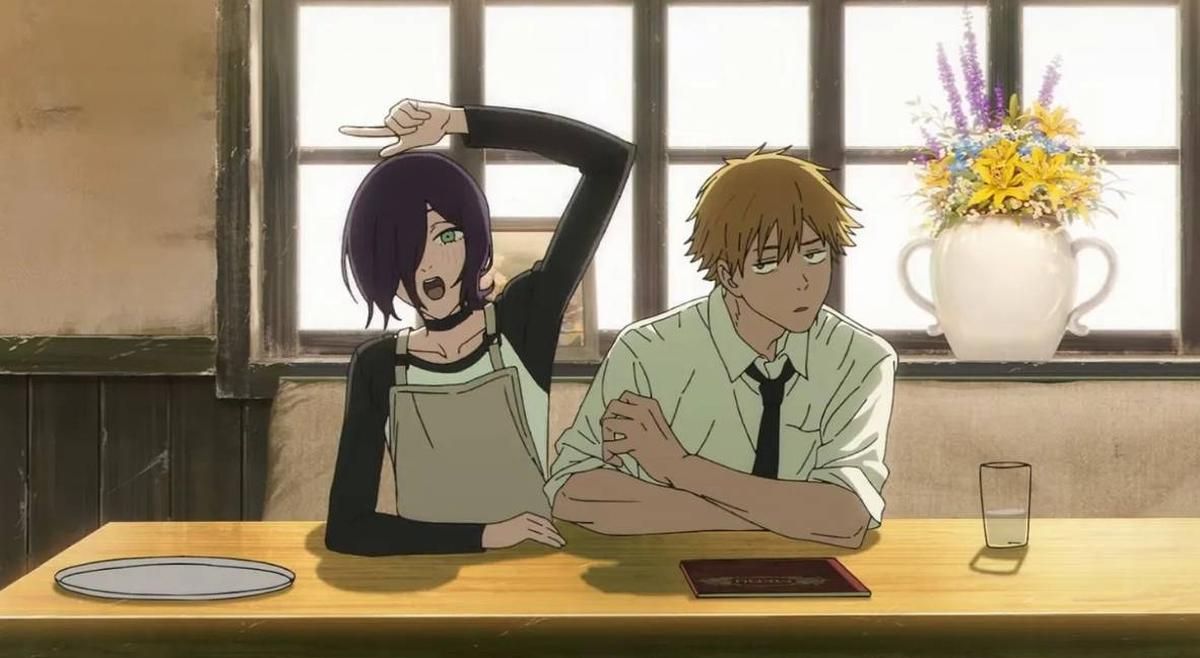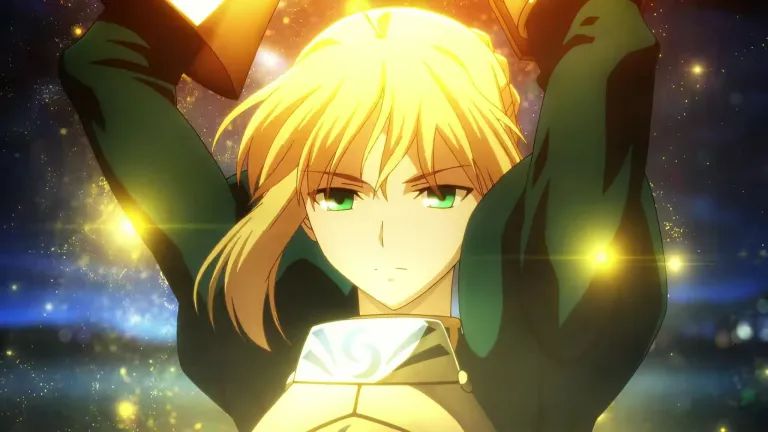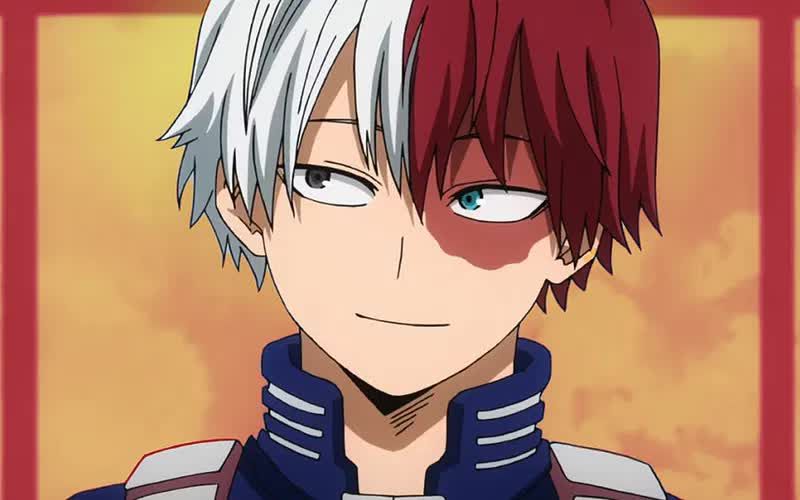For decades, Japan has been the undisputed global powerhouse for animation, shaping the medium’s language, tone, and artistry. However, in recent years, Chinese animation, known as donghua, has been quickly closing the gap.
- 15 Best anime that both new and old fans will enjoy
- Fall 2025 Anime Season: 10 Must-Watch Shows You Can’t Miss
- Top 10 Non-Horror Anime to Watch This Fall (Cozy & Feel-Good Picks!)
Once overlooked on the global stage due to irregular quality and limited visibility, Chinese anime now rivals its Japanese counterparts in nearly every department, from complex storytelling to ambitious production values. Chinese creators are crafting fresh yet timeless stories that expertly fuse mythology, technology, and deeply character-driven drama. This list explores ten exemplary donghua that showcase this steady, remarkable evolution. These series are not mere imitations but distinct creations proving that animation is a multi-dimensional art form. If Japan once set the standard, China is now rewriting it, and these ten shows are all the proof you need.
The Rise of Donghua: Must-Watch Chinese Animation
1. Lord of Mysteries
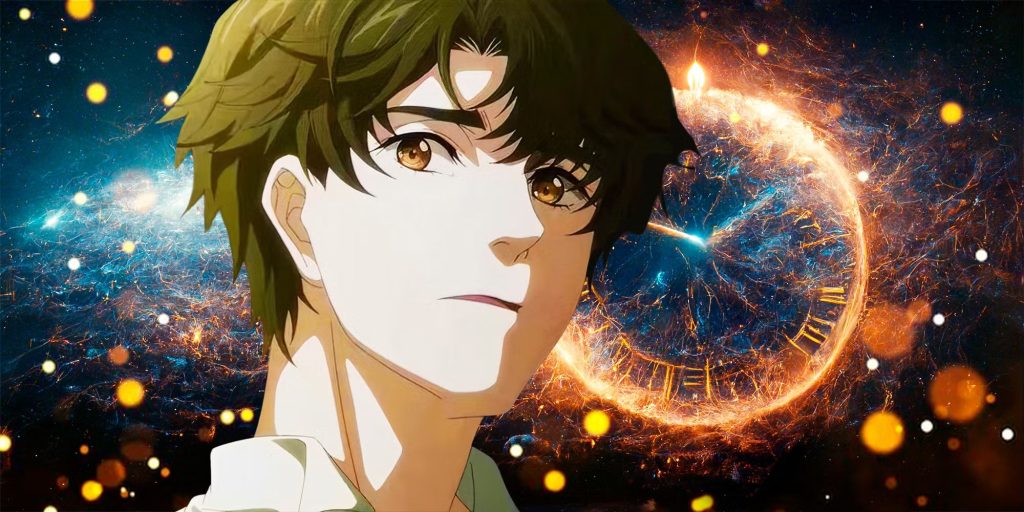
Arguably one of the most anticipated anime releases, Lord of Mysteries stands out for its sheer ambition and dense, philosophical worldbuilding. It masterfully mixes Lovecraftian horror with a meticulously designed steampunk aesthetic, creating a world reminiscent of the Victorian era where belief, knowledge, and madness intertwine.
- Story: The protagonist, Zhou Mingrui, is transmigrated into the body of a university graduate named Klein Morretti in the year 1349. In his search to return home, he embarks on a journey to become a Beyonder—a person with supernatural abilities—and unravel the mystery of Klein’s original suicide.
- Strengths: Exceptional philosophical density, a universal and unique magic system, and a production style that expertly melds atmosphere with narrative precision, resulting in a mystery that is both grand in scale and intimate in character focus.
- Key Detail: The series constructs a breathtaking, believable world where every detail—from social class to supernatural pathways—is intricately woven into the fabric of the setting.
2. The Daily Life of the Immortal King (Xian Wang de Richang Shenghuo)
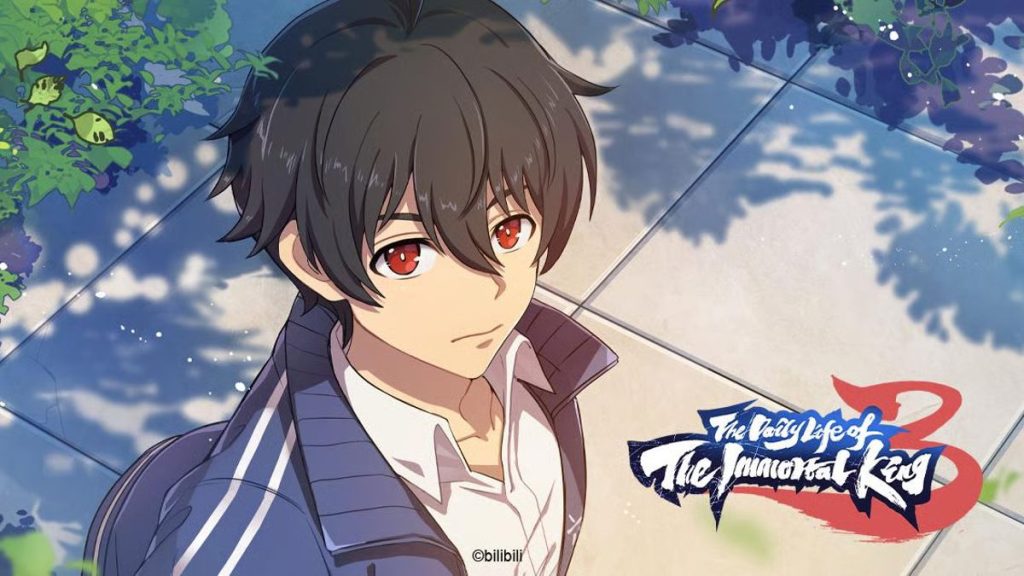
Adapted from the titular manhua, The Daily Life of the Immortal King subverts the common cultivation genre with a witty, comic-relief approach. Instead of glorifying brute strength, it finds humour in the excess of power.
- Story: Follows Wang Ling, a cultivation genius and a near-omnipotent teenager whose one desire is to live a perfectly normal life, a goal constantly thwarted by his overwhelming power that causes chaos at every turn.
- Strengths: Uses parody to explore sincere themes of identity and restraint, balancing its satirical intent with genuine warmth and surprising emotional moments. The show’s crisp pacing and atmospheric tone manage to remain light without crossing into triviality.
- Key Detail: This series succeeds as both a satire and a celebration of the very genre it spoofs, proving that high-quality production can make a meta-narrative appeal to a global audience.
3. Dragon Raja
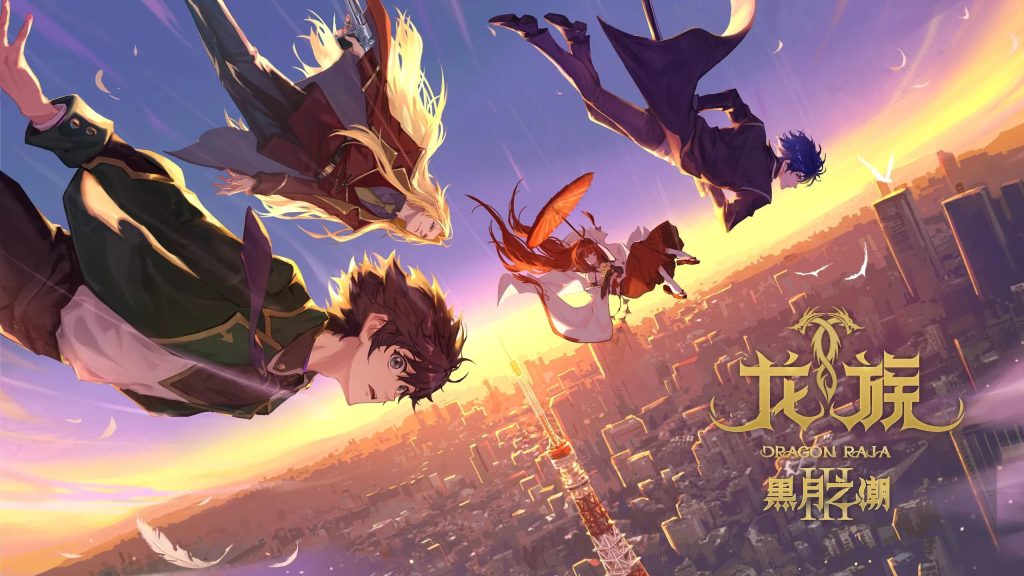
A massive production from Penguin Films and Tencent, Dragon Raja combines science fiction and fantasy into a visually staggering experience. Adapted from a bestselling novel, it offers action sequences on par with the most ambitious anime.
- Story: Centers on the socially awkward 18-year-old Lu Mingfei, whose life changes dramatically after he is unexpectedly accepted into a mysterious university. His simple enrollment quickly snowballs into world-altering battles against ancient dragons.
- Strengths: Cinematic worldbuilding, action sequences that are fluid and epic, and, most importantly, the emotional realism of its characterisation. The characters grow, falter, and reflect genuine human vulnerability beneath the visual spectacle.
- Key Detail: The show’s strength lies in its ability to fuse youthful idealism with intense, high-stakes action, grounding the fantasy in relatable human emotion.
4. Fog Hill of Five Elements (Wu Shan Wu Xing)
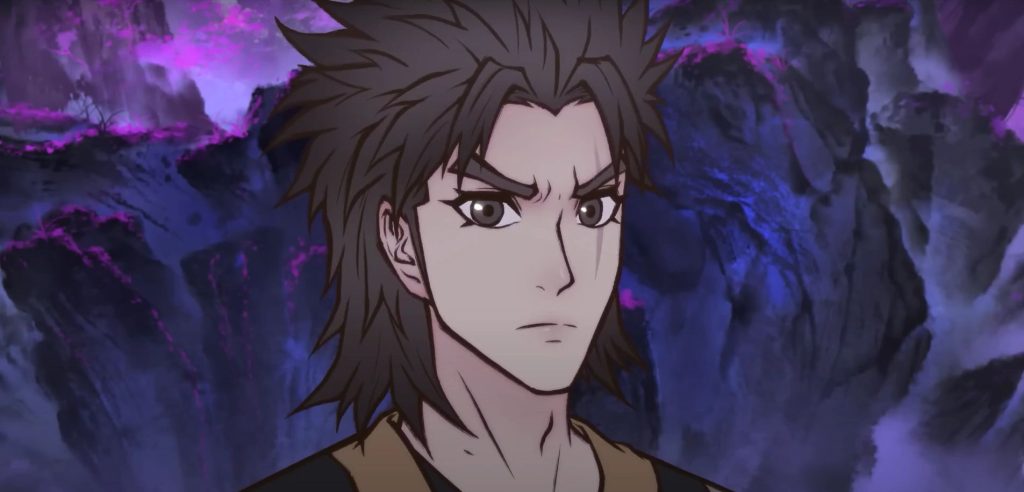
To put it simply, Fog Hill of Five Elements is a compact, powerful statement on visual ambition. While the premise is straightforward—following Wenren Yixuan on a journey of personal redemption—the show’s true contention is its breathtaking execution.
- Story: A short but unforgettable series focused on the character Wenren Yixuan and his journey, with the narrative serving primarily as a vehicle for the visual artistry.
- Strengths: Relying on an aesthetic reminiscent of ink painting, the show crafts battle sequences and animated movements best described as calligraphy in motion. Its minimal dialogue forces the animation to be the primary narrative engine.
- Key Detail: The series is a demonstration of when stylish gambles pay off in animation, proving that a distinctive visual identity can carry a story without needing elaborate lore.
5. The Founder of Diabolism (Mo Dao Zu Shi)
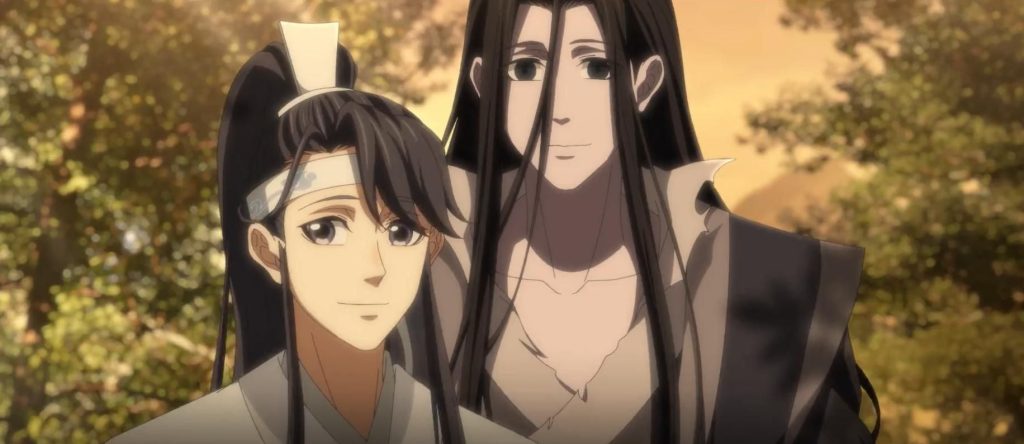
Arguably the crown jewel of Chinese fantasy animation, The Founder of Diabolism is adapted from the novel of the same name, weaving a complex tale of power, tragedy, and redemption in a world of cultivation magic.
- Story: Revolves around Wei Wuxian, a human whose deviation from the conventional path birthed the world’s most feared cultivation style, the Ghost Path, leading to tragedy and eventual rebirth.
- Strengths: Elaborate worldbuilding, complex relationships, and a mastery of storytelling that combines beauty and melancholy. The fluid animation and music heighten the emotional resonance of its political intrigue and supernatural drama.
- Key Detail: Every character in the narrative is imbued with both virtues and flaws, making the drama deeply human despite its supernatural grounding.
6. The King’s Avatar (Quan Zhi Gao Shou)

The King’s Avatar turns the world of e-sports into a sustained, engaging drama filled with surprising emotional clarity. It’s widely regarded as one of the best video game-themed adaptations ever produced.
- Story: Details the life of Ye Xiu, a professional gamer widely considered the best player of the video game Glory, who is forced to resign from his top team, “Excellent Era.” The story tracks his journey to rebuild his career from the desk of an internet cafe.
- Strengths: Captures the thrilling intensity of virtual battles while grounding the story in themes of persistence, friendship, and mastery. It treats gaming as a discipline, accurately conveying the message of dedication and team dynamics.
- Key Detail: The exceptional realism and attention to the mechanics of competitive gaming elevate this series far beyond a simple escapist fantasy.
7. Rakshasa Street (Requiem Street)
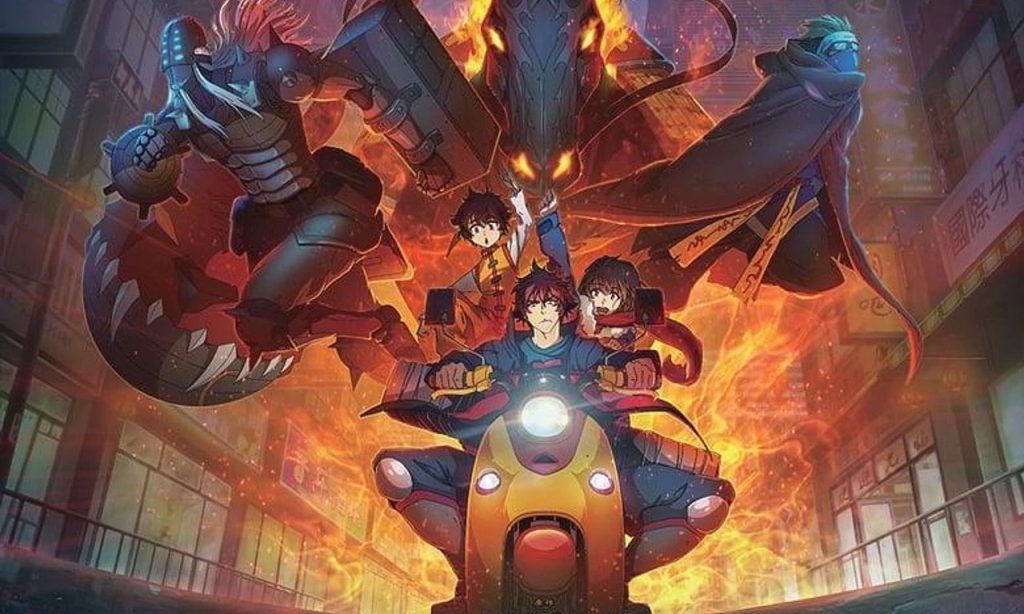
Rakshasa Street, written by Xu Chen, details a story that fuses urban fantasy with Chinese mythology, crafting a world where spirits and humans coexist in a fragile harmony maintained by spiritual protectors.
- Story: Drawing heavily on Chinese folklore, the series revolves around the protectors who maintain order between the Spirit Realm and the human world, emphasizing themes of brotherhood, sacrifice, and fate.
- Strengths: Its dark and expressive animation style perfectly matches the show’s moral intensity. The writing treats the spirit world as an extension of Chinese social history, giving the series a clear, unique identity.
- Key Detail: The masterful integration of myth and city life demonstrates the possibility of synthesising ancient tradition with modern serialised character arcs.
8. The Outcast (Hitori no Shita)
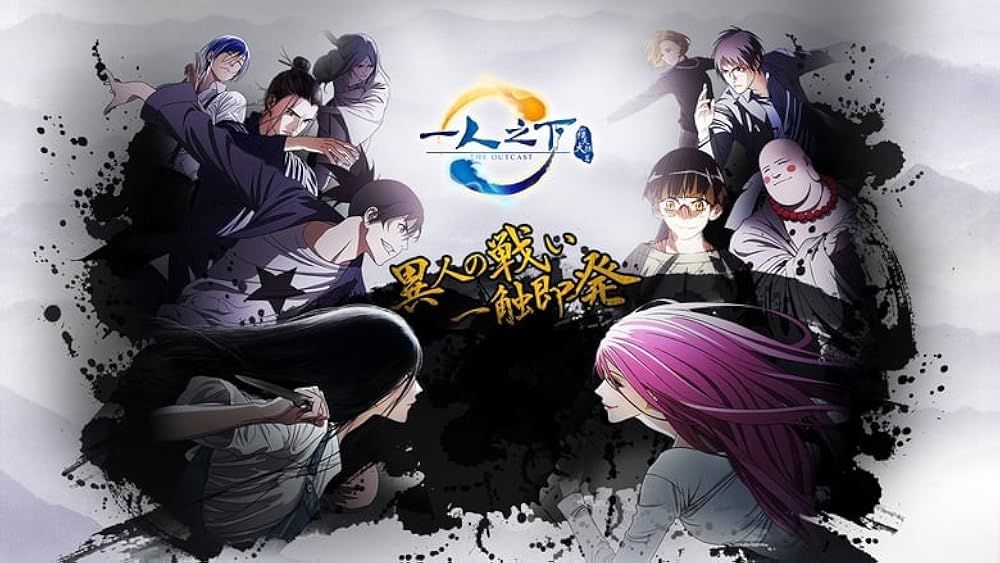
The Outcast is a fascinating blend of martial arts, humour, and supernatural intrigue that showcases the distinct cultural flavour and pacing of donghua.
- Story: Revolves around Chou Soran, a supposed normal college student whose life is upended by a zombie attack at his grandfather’s grave, leading to the unravelling of his family’s history as the last wielder of a sought-after martial art.
- Strengths: Its most notable feature is its tonal flexibility, moving fluidly between elements of horror, dark comedy, and introspective drama, creating a rhythm that is both unpredictable and highly addictive.
- Key Detail: The series demonstrates how donghua can adopt familiar genre structures, such as the shonen template, while maintaining a distinct cultural texture that sets it apart.
9. Blade of the Guardians (Biao Ren)
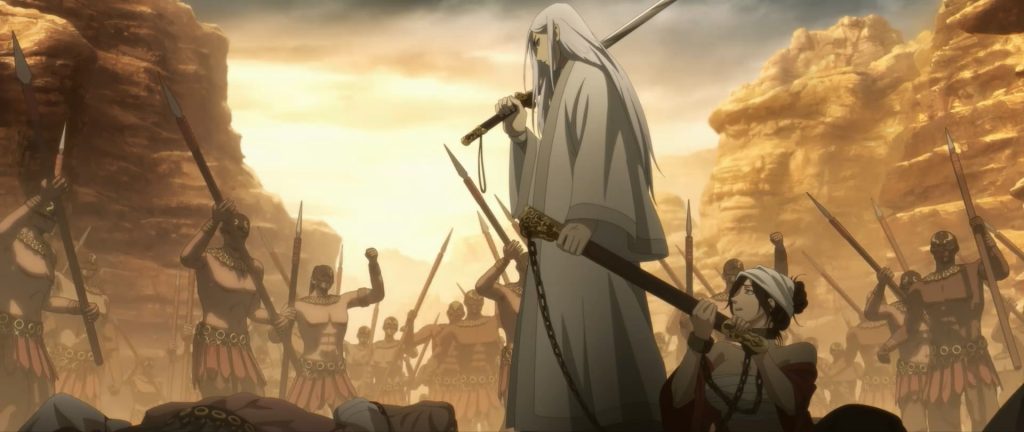
Blade of the Guardians delivers historical action with a gritty realism and mature temperament rarely seen in modern animation. The story is set against the backdrop of the collapsing Tang Dynasty era of China.
- Story: Follows the wandering warrior, Dao Ma, whose mercenary skill inadvertently catches him in a web of loyalty, survival, and the political threads of a dissolving empire.
- Strengths: The art direction leans toward gritty realism. It features detailed choreography that gives every sword clash tangible weight and rhythm, and the story’s moral complexity sets it apart from typical martial-arts series.
- Key Detail: Themes of duty, honour, and redemption unfold as much through the story’s silence and atmospheric detail as through its dialogue, making the martial drama feel lived-in and credible.
10. Link Click (Shiguang Dailiren)
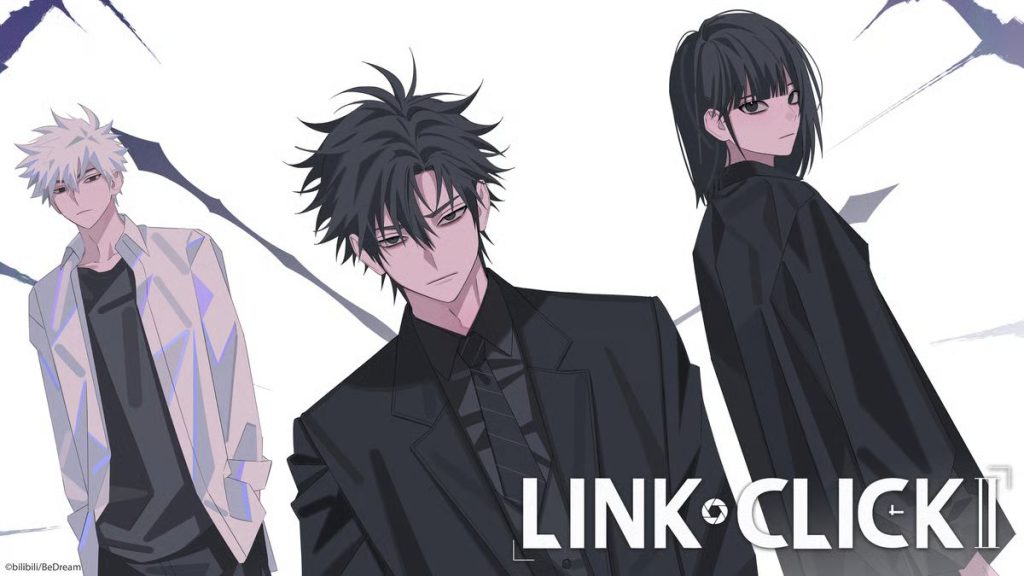
Link Click redefined episodic mystery through a simple yet powerful premise executed with cinematic care. The show keeps its focus on performance and plot logic, demonstrating that donghua can compete with global technical standards.
- Story: Follows two friends who run a business where one can enter a client’s photograph to relive a moment from the past. This singular hook allows the show to solve deeply personal issues while exploring profound questions about memory, consent, and regret.
- Strengths: The direction and editing are comparable to live-action thrillers, featuring sharp camera movement, deliberate lighting choices, and expert sound design. Each case resolves with a measured moral weight, ensuring emotion is never sacrificed for puzzle mechanics.
-
Key Detail: The show’s success proves that good storytelling, anchored by strong technical execution, sells regardless of the medium or country of origin.



